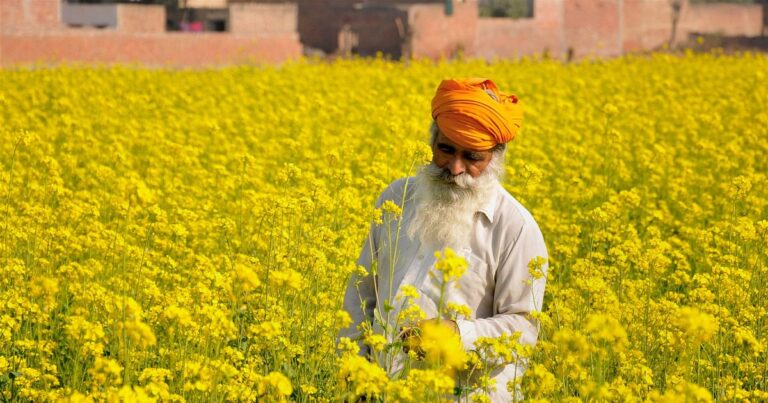CHANDIGARH: The political tone in Punjab has changed dramatically in the last five years, transforming the electoral contest from a bipolar to an almost quintupolar battleground into a relentless battleground. Punjab’s political landscape is giving way to new forces, splintered leaders and new entrants. Moreover, the growing plight of farmers has given way to a growing drug menace and renewed extremism.
AAP, Indian National Congress, BJP, SAD (Badal) and SAD (Amritsar) are the leading parties in the election contest, but the election is likely to be a head-to-head contest between the Indian National Congress and the AAP. Former allies, a resurgent BJP and a sluggish SAD (Badal), will be hoping to regain some lost pride and continue on their winning path. The Indian National Congress and the AAP are contesting as an alliance in Delhi, Haryana and Chandigarh, but are facing off against each other in all 13 Lok Sabha constituencies in Punjab.
Punjab often bucks mainstream populist trends. PM Modi’s push for “Hindu majoritarian” hyper-nationalism and rhetoric around India’s place on the global stage have so far only found limited resonance in the state. A fractured Indian National Congress is trying its best to retain its eight seats and 40% vote share it had in 2019. At the time, it was backed by leaders like former chief ministers Amarinder Singh, Sunil Jakhar and Preneet Kaul, who have now switched sides to the saffron party.
AAP’s performance in Punjab will strengthen its role in the Indian subcontinent. The party is going into this election amid palpable voter anger, but its influence in the state has grown exponentially. Some of AAP’s broken promises, such as providing a monthly stipend of Rs 1,000 to nearly 10 million women in Punjab, are yet to see the light of day.
In 2019, AAP had one MP, Bhagwant Mann, and the party’s vote share was just over 7%. In the 2022 state assembly elections, AAP has performed remarkably with an overwhelming vote share of 92/117 and a staggering vote share of 42%. Arvind Kejriwal’s interim bail has given a boost to AAP’s election campaign.
The BJP, which won two seats in 2019, has been labelled as a “revamped” Congress with many top Congress leaders emerging as traitors pledging loyalty to the saffron party. This is the first election in nearly three decades in which the BJP is contesting independently. Its main ally, the century-old SAD (Badal), broke ties over three now-repealed controversial farm laws.
The BJP has come under fire following the ongoing farmer protests in Punjab, where farmers have been hoisting black flags, blocking entry and hurling abusive language at BJP candidates, disrupting the party’s election campaign and rural outreach. DHPunjab BJP leader Sunil Jakhar said, “These protests are scripted. These are not genuine farmers. The BJP has always had the door open for dialogue. The BJP’s right to campaign is being obstructed.”
The Akali Dal, which managed to win just two seats in the Indian Lok Sabha in the last elections, seems to be on a downward slide. Its performance in the 2022 elections has been dismal, with its tally reduced to just three seats. The ethno-religious party is battling the stain of a 2015 blasphemy case, with allegations of autocratic governance at the top leadership leading to discord and defections among the party cadre.
The rise in extremist sentiment is also evident from their presence in the electoral contest. Khalistani ideologue Amritpal Singh, currently lodged in Assam’s Dibrugarh Jail under the National Security Act (NSA), is contesting as an independent candidate from the Khadur Sahib constituency. Over six separatist leaders, including SAD (Amritsar) leader and former IPS officer Simranjit Singh Mann (Sanrur), are contesting the election.
Published May 26, 2024 22:19 IST

